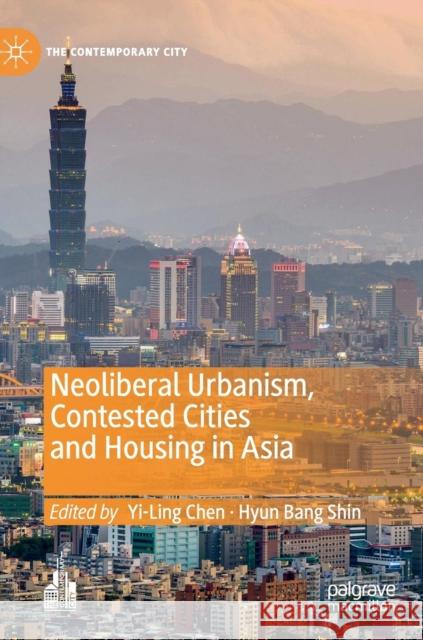Neoliberal Urbanism, Contested Cities and Housing in Asia » książka
topmenu
Neoliberal Urbanism, Contested Cities and Housing in Asia
ISBN-13: 9781137517500 / Angielski / Twarda / 2019 / 216 str.
Kategorie BISAC:
Wydawca:
Palgrave MacMillan
Seria wydawnicza:
Język:
Angielski
ISBN-13:
9781137517500
Rok wydania:
2019
Wydanie:
2019
Ilość stron:
216
Waga:
0.43 kg
Wymiary:
21.01 x 14.81 x 1.42
Oprawa:
Twarda
Wolumenów:
01
Dodatkowe informacje:
Wydanie ilustrowane











